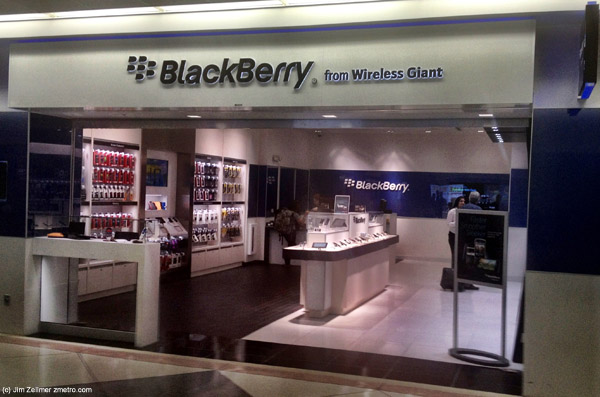By Kathrin Hille and Jamil Anderlini in Beijing:
Dongshigu is a small village in the eastern Chinese province of Shandong. Nestled amid apple orchards, peanut fields and cornfields, the scattering of houses – built from the pale rocks strewn over the nearby hills – can appear almost idyllic on a nice day. But at the corner of the narrow country road that leads into the village, two men block the way. “What do you want?!” one barks through our car window, before brusquely waving us away. Similar-looking men – plainclothes policemen in their 40s, tall and orderly dressed – stand on several streets branching off the highway. They are guarding against the spirit of a man who has long since gone: Chen Guangcheng, the blind legal activist whose desperate dash for freedom has made global news, arrived in New York last weekend.
Chen Guangcheng arrives in New York, last weekend
Chen Guangcheng’s daring escape from imprisonment in his farmhouse to the US embassy in Beijing – forcing the world’s two biggest powers to negotiate over his fate – is already the stuff of legend. In his home village, he became a heroic figure a long time ago.
“He held my hands once,” says one old lady who met Chen seven years ago. Resting from work in the fields near Dongshigu, she recalls visiting Chen in 2004 because he was supporting women against violent family-planning officials. “He helped my daughter and he listened to our story,” she says. “He can’t see, but he feels.” It is a fitting characterisation of a man who has broken out of the confines of his disability, narrow social convention and a repressive political system through his sensitivity, empathy and sheer will power.
Chen was born the fifth son of a farmer, and was robbed of his eyesight by a fever before he was a year old. The boy all but ignored his handicap. “He was known in his village as a naughty boy who would always climb trees and walls even though he was blind,” says Bob Fu, the Chinese-born pastor who runs the US-based NGO ChinaAid.

